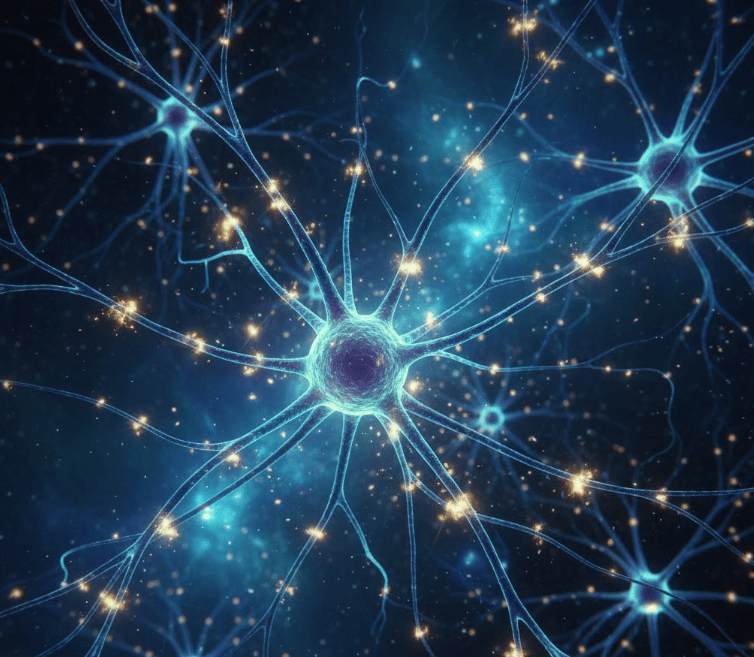Proper nutrition, physical activity, stress reduction and quality sleep are known factors that affect our brain health.
But a new study adds another important habit to the list: helping others.
Research teams from the University of Texas at Austin and the University of Massachusetts in Boston found that regular time dedicated to helping others outside the home, through formal volunteering or daily assistance to loved ones, may significantly slow cognitive aging processes.
The study, which examined data from over 30,000 adults in the United States, found that the rate of age related cognitive decline decreased by 15% to 20% among people who volunteered or helped others regularly.
This is not only about organized activity within an organization but also daily help driving parents to a doctor, caring for grandchildren, mowing the lawn or helping fill out forms.
A lecturer in developmental and family sciences at the University of Texas and who led the study, said she was surprised by the results: “It is generally thought that informal help provides fewer health benefits because it does not receive social recognition, but we found it contributes to the brain equally as formal volunteering.”
“Daily acts of support, organized or personal, can have long term effects on brain health”.
The cognitive benefits of helping others are not just a momentary boost but accumulate over time as long as one continues consistently.
The findings showed that two to four hours per week of helping others is enough to have a positive effect on the brain.
Conversely, complete avoidance of this activity was associated with poorer cognitive function.
“This emphasizes how important it is to enable older adults to stay involved and help others as much as possible, Even if it requires adjustments and support, it is worth encouraging.”
The researchers still do not know exactly what biological mechanism underlies this connection, but they estimate volunteering encourages social connections which provide psychological, emotional and cognitive benefits and also help reduce feelings of loneliness in old age.

